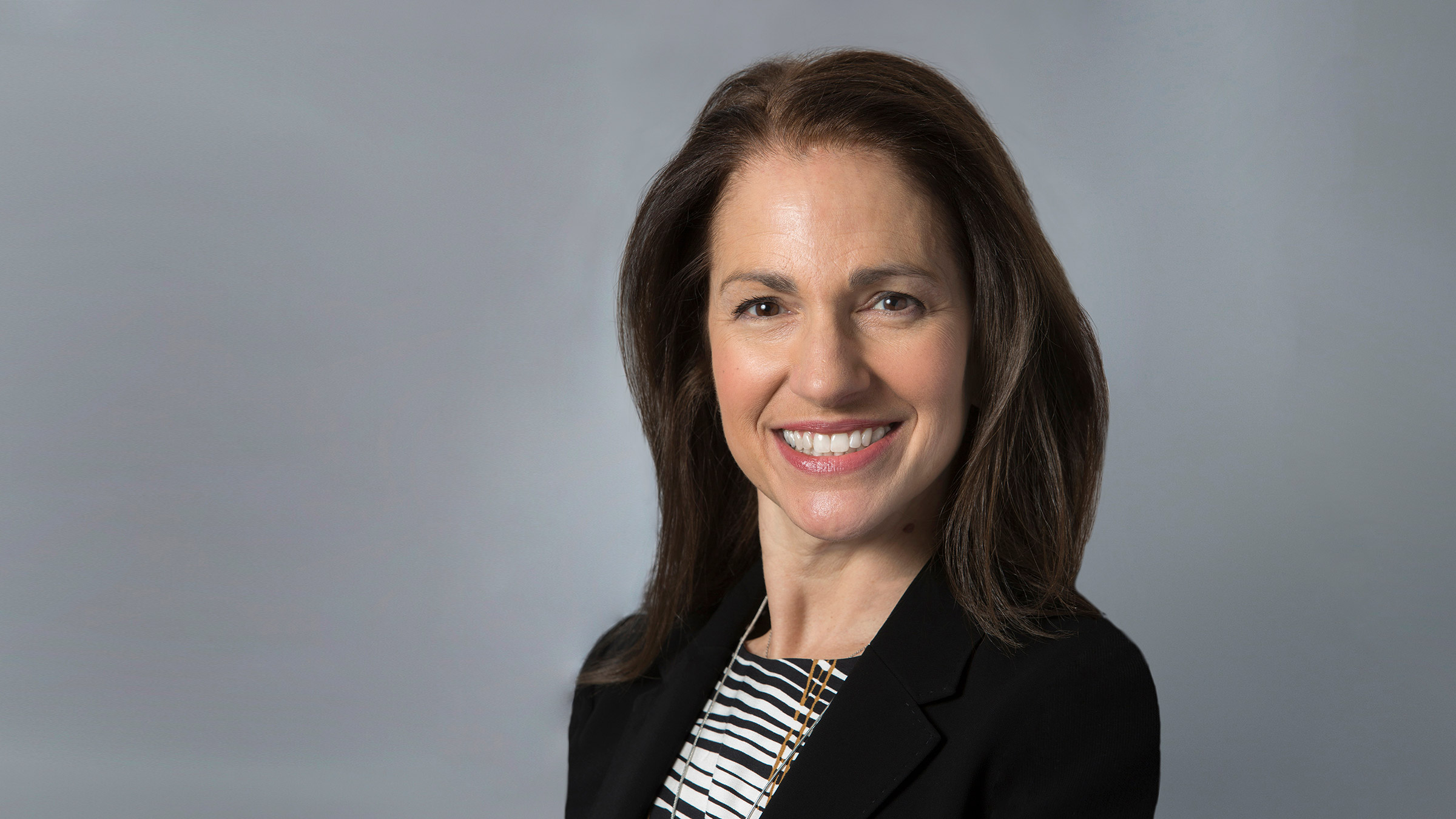Q&A with Debra Zeifman, Appointed Dean of Studies
Q&A with Debra Zeifman, Appointed Dean of Studies
Since coming to Vassar in 1996, Professor of Psychological Science Debra Zeifman has served on numerous departmental and college-wide committees aimed at strengthening the ways students learn and teachers teach. But this fall, for the first time, Zeifman will assume a full-time administrative role when she begins a five-year term as Dean of Studies. The office is charged with the execution of educational policies of the college as they relate to students, implementing the curriculum, overseeing academic advising, and carrying out faculty legislation affecting the fulfillment of academic requirements.

The search was conducted by a committee of students and faculty and chaired by Associate Professor of English Leslie Dunn. In announcing the appointment, President Elizabeth Bradley described Zeifman as a “prolific scholar…and active research mentor and an empathic, trusted resource for students and faculty alike (who has) demonstrated excellent leadership and management skills and a highly ethical and transparent approach to everything she does.”
Recently, Zeifman talked about her new job, saying she was “thrilled and incredibly honored to be entrusted with this new role.”
What intrigued you about this position?
Many things, but one was the opportunity to provide the resources for students to ensure they succeed, both academically and personally. I had been working on a new course called The Psychologist’s Toolkit for Success and Wellbeing, focused on scientifically-tested strategies for improving mental health, succeeding academically, and coping effectively with stress. I realized that this is the aspect of higher education I care about most. It’s clear to me that students’ stress levels are higher now than they were when I first came to Vassar. One of my primary goals as I assume this position is to ask, “How can we alleviate student stress and help students experience the joy of learning?”
Specifically, what can you and your staff do to ensure that this happens?
We have many advantages at an institution as small and as intimate as Vassar. I went to a large university where the norm was that the professor lectures and the students listen. Education at Vassar is a much more dynamic process than that. In the research I do with students in my lab, we learn together. Nothing gives me more pleasure than to adopt a student’s idea or approach—which happens all the time. Students shape the way I think, and they play a central role in shaping my research. Part of my job as Dean of Studies will be to ensure that this kind of learning is taking place.
You’re assuming the job at a time when the curriculum is undergoing some significant changes, including the introduction of “intensives.” How will this affect your work?
It is an exciting time to be involved in academics at Vassar. The intensives are the perfect place for students to play an active role in learning. They provide a great opportunity for faculty to showcase their own research or activism and get students involved. The economic downturn caused many of our students to place an emphasis on gaining marketable credentials, and in some cases, that emphasis came at the expense of more well rounded education. Part of my job will be to articulate how a true liberal arts education can benefit anyone in any field after graduation, and the introduction of “intensives” is one way to do that. Providing opportunities for collaborative learning experiences with faculty from diverse disciplines will set up our students for success after college. This is something we, as a liberal arts college with a highly engaged and accomplished faculty, are uniquely positioned to offer.
What issues will you consider your top priorities when you assume your new post this fall?
My top priority is creating a welcoming and supportive academic environment for all of our students. The Dean of Studies office has already implemented some excellent initiatives aimed at supporting our students when they face academic difficulties. I’d like to find ways to engage our team of mental health and residential life professionals so that we can head off some of the stress students may experience before it affects their academic performance. Diversity and inclusion are central to Vassar’s mission; our office and our curriculum should reflect and embody those values. I plan to work with the community as a whole to be sure that every student at Vassar feels that they are well positioned to fulfill their academic potential and thrive.